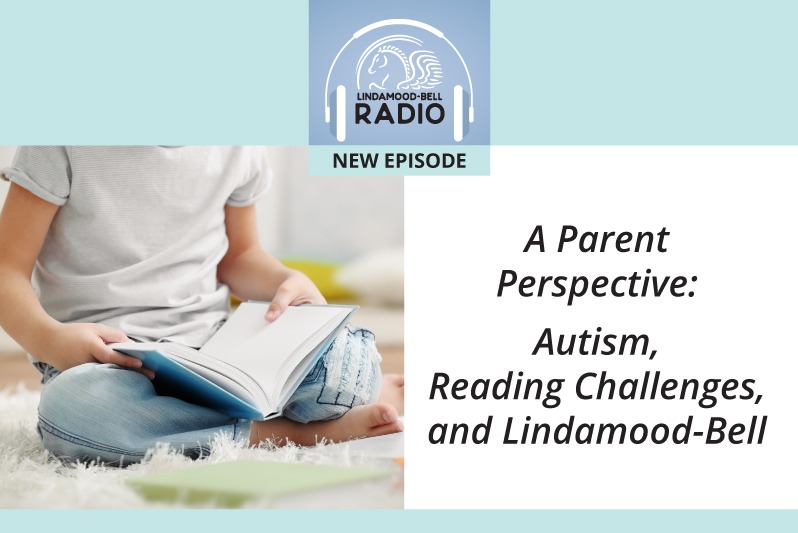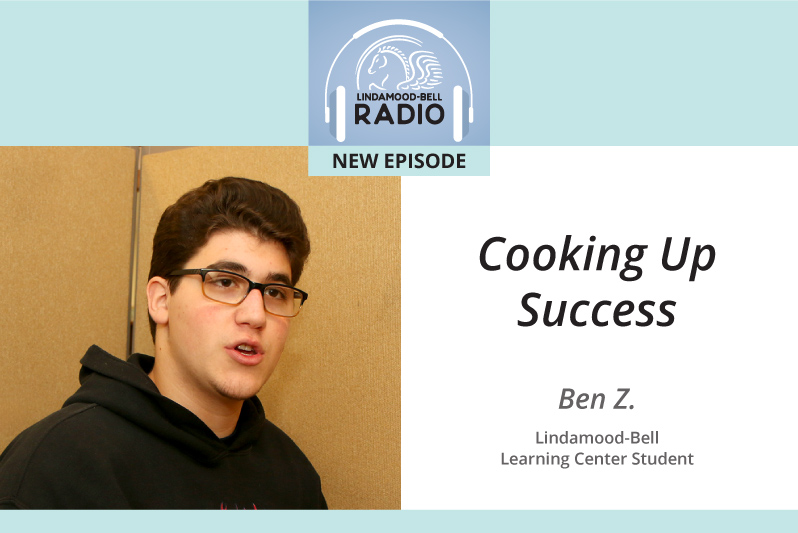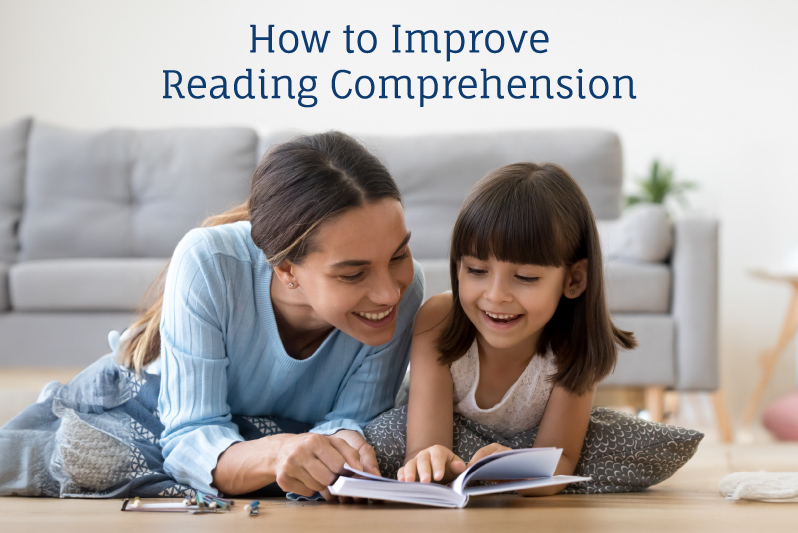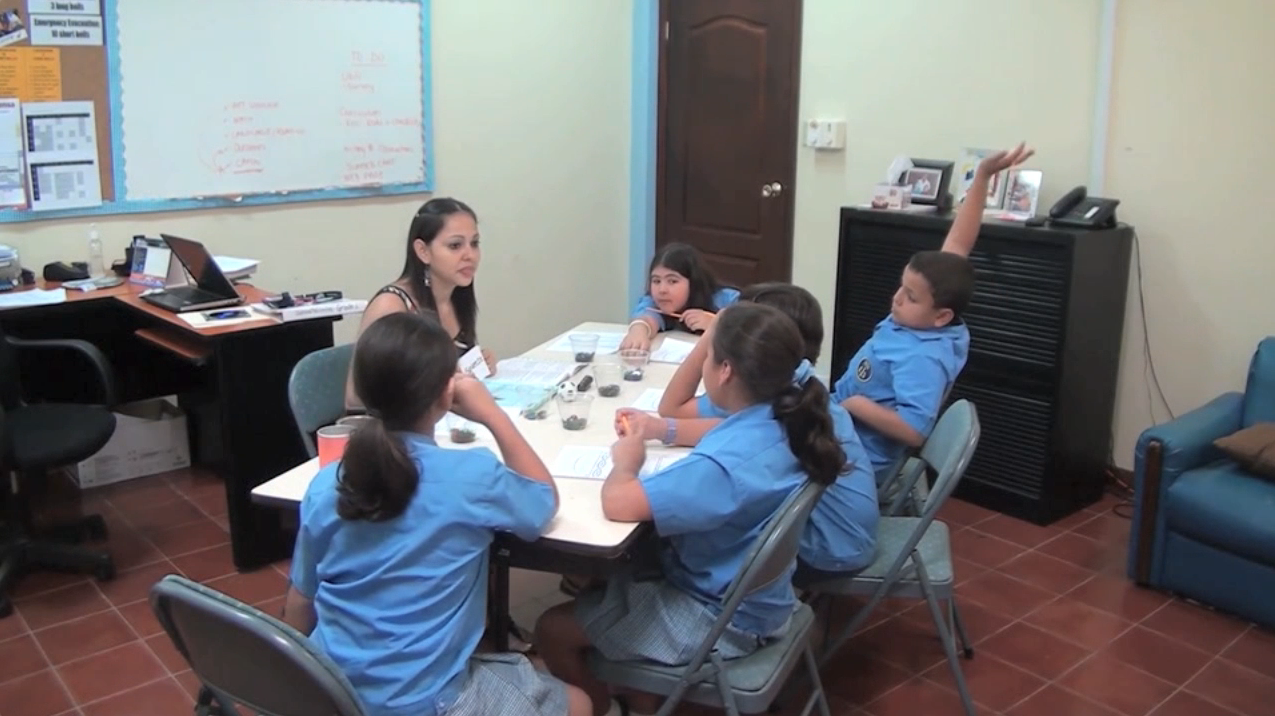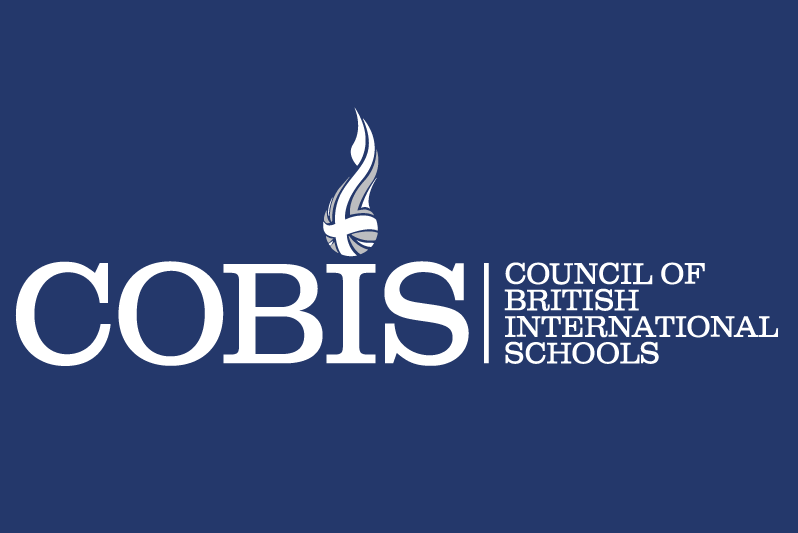What is Aphantasia?
Understanding Aphantasia Aphantasia is a condition in which an individual cannot form or has difficulty forming visual images in their mind. It is thought to affect an estimated 2-5% of the population. Though not widely recognized, understanding this phenomenon is helpful for educators, parents, and individuals. Termed by Professor Adam Zeman in 2015, aphantasia…
Effective Reading Comprehension Strategies for Student Success
Reading comprehension requires the ability to understand and interpret text including using key skills like memory, vocabulary, and critical thinking. Some traditional teaching methods may address these areas, however, Lindamood-Bell’s unique sensory-cognitive approach focuses on explicitly developing concept imagery—the ability to create an imaged gestalt (whole) from oral and written language. Concept imagery is…
How to Recognize Comprehension Weakness | Tips for Parents
Students with decoding issues, including dyslexia, can be easy to spot. They often miscall words (e.g., breakfast as “basket”); their oral reading is slow and “choppy;” and, spelling is tough to master. It is important to identify these students who struggle, so they can get the help they need. Unfortunately, there are many…
A Parent Perspective: Autism, Reading Challenges, and Lindamood-Bell | Lindamood-Bell Radio
When a child has autism and faces challenges with reading comprehension and language processing, finding the right support can feel overwhelming. In this episode, the parents of a Lindamood-Bell student share their family’s journey—navigating their son’s receptive and expressive language delays, reading struggles, and autism diagnosis. Hear how Lindamood-Bell’s evidence-based instruction addressed not only his…
Autism Acceptance Month | Find Autism Support at Lindamood-Bell
In recognition of Autism Acceptance Month, we are sharing our belief in the learning potential of all individuals—including people with autism. Improving Comprehension for Students with Autism Peer-Reviewed Research on Autism The Cognition, Brain, and Autism (CBrA) Lab at the University of Alabama collaborated with Lindamood-Bell Learning Processes to study the comparative effects of…
Ben Z., Lindamood-Bell Learning Center Student: Cooking Up Success | Lindamood-Bell Radio
In this inspiring episode, we meet Ben, a student whose life changed thanks to Lindamood-Bell instruction. Once the kid everyone laughed at during read-alouds, Ben shares his journey of overcoming school challenges and gaining confidence. With the help of Lindamood-Bell, he transformed his ability to read and comprehend, clearing the way for him to pursue…
How to Improve Reading Comprehension
Does your child feel overwhelmed by reading or struggle to stay focused and motivated to complete their assignments? These challenges are more common than you think and can significantly impact academic performance and confidence. Many people face difficulties with reading comprehension, which can make academics and everyday life more difficult. Strong comprehension skills are…
Tips: The Imagery-Language Connection for Writing
Book reports, essays, and even short responses, can cause frustration, panic, and, sometimes, even tears for many school age students. And it’s no wonder. Writing is a complex task that requires a lot: good thinking skills, organization, spelling, grammar and punctuation, as well as ease with a pencil, or keyboard. Writing can be particularly…
Lindamood-Bell and EIS—Partnering for Student Success
Nestled against the El Merendon mountain range, Escuela Internacional Sampedrana (EIS) seeks to be the premier school in San Pedro Sula and La Lima, Honduras through the use of best teaching practices. With a student population ranging from 3-18 years old, the school’s stated mission is to prepare bilingual students with the academic/social/emotional skills and…
London Centre Hosted COBIS Webinar
The Lindamood-Bell® London Learning Centre hosted a webinar for the Council of British International Schools. Our presentation, “The Imagery-Language Foundation: Teaching All Children to Read and Comprehend,” was presented by Centre Director Valentina Nikolic and explored the imagery-language foundation as the basis for reading and comprehension. Valentina highlighted crucial knowledge for teachers as they…



